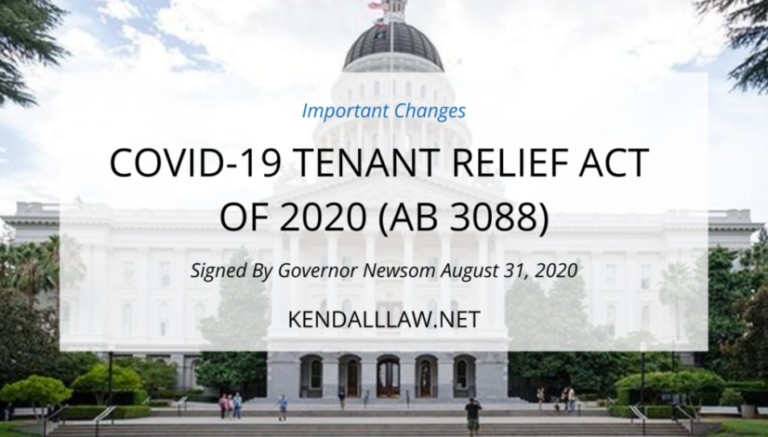Rent and Eviction Control Laws Will Likely be Enacted in the City of Concord in April 2024
The Concord City Council recently voted to implement a rent and eviction control ordinance, which caps yearly rent increases and requires landlords to have “just cause” before evicting a tenant. The new rent control provisions will limit annual rent increases to the lower of 3% or 60% of the Consumer Price Index (CPI), which applies…
